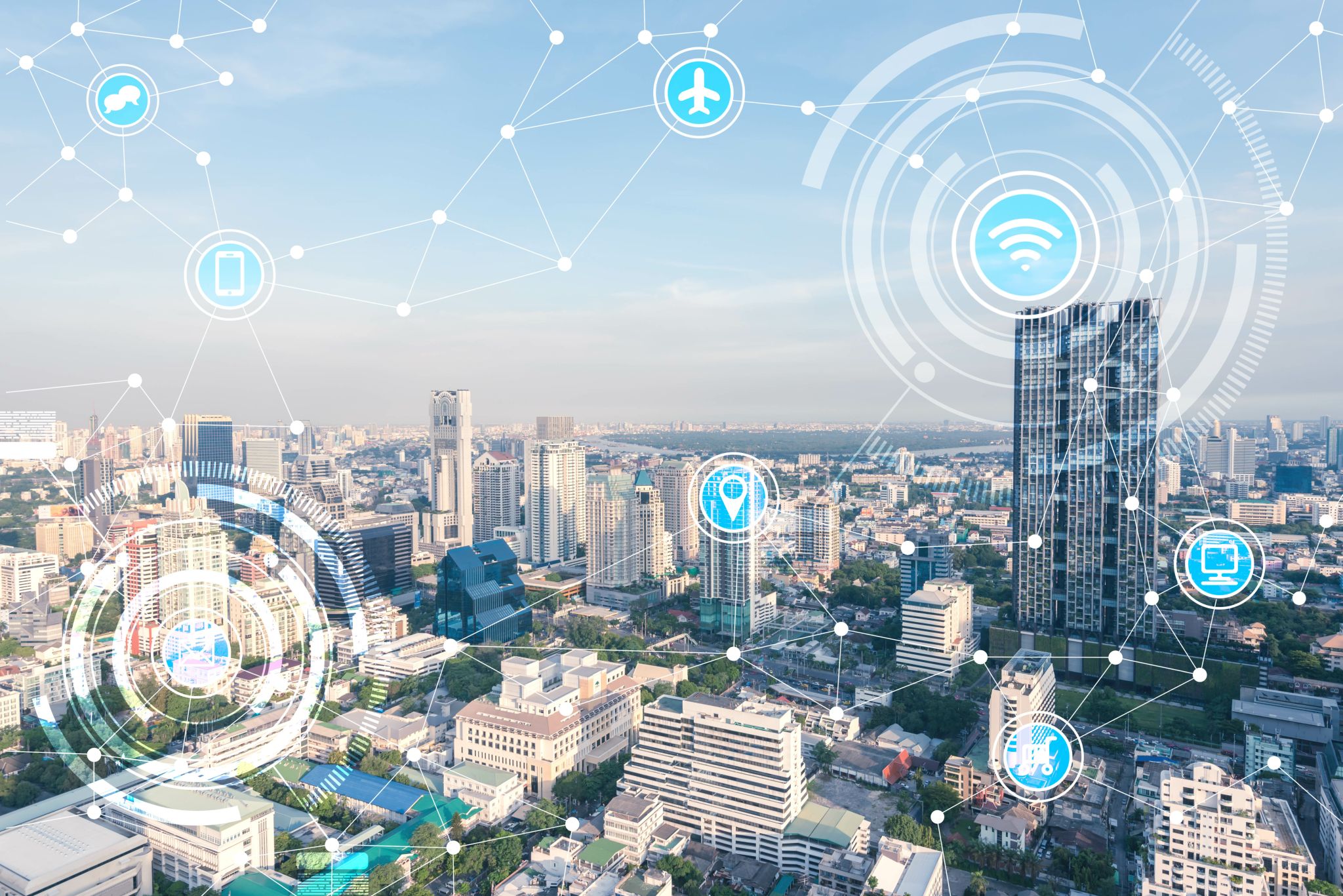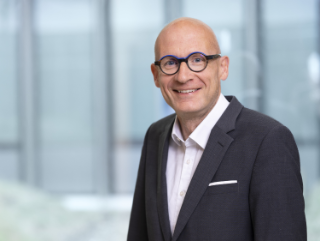Solution
Smart cities require an open and multi-standard system architecture that makes it possible to connect different technologies and ecosystems. In order to achieve this goal, software components are to be made available at the interfaces that enable expansion and opening. The development of this architecture is the goal of the research project “Multiconnectivity Platform for Resilient Smart Cities” (MUSC), which was initiated by Fraunhofer IIS, Diehl Metering and the associated partners Smart City Systems GmbH and Erlanger Stadtwerke (ESTW).
Existing wireless solutions are to be connected via a software platform, e.g. for sensors, in such a way that the data can be viewed and obtained by users at the application level regardless of the underlying transmission technology. To this end, the project aims to expand existing gateways for parallel reception of the Low Power Wide Area Networks (LPWAN) standards LORAWAN and mioty®. The possibility of future expansion to include other standards such as wireless M-Bus will be taken into account. Further AI-based functions for network management will be implemented to control communication. These modules will be based on existing commercial solutions for data space and network management and will be able to connect other networks such as NB-IoT to enable cross-manufacturer networking.
After the developed partial solutions have been combined and tested in the laboratory, they will be tested in field tests under real conditions, including at Stadtwerke Erlangen (ESTW). The aim is to gain new insights into the behavior and resilience of such hybrid networks and platforms in the smart city environment. The project was launched in April 2022 and will run until March 2024.

